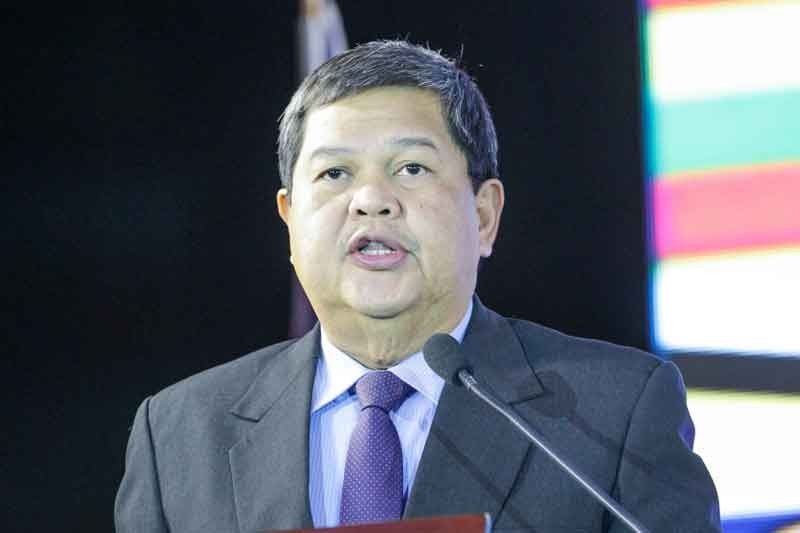BSP pursuing national QR code standard

MANILA, Philippines — The Bangko Sentral ng Pilipinas (BSP) is pursuing a national quick response (QR) code standard within the year to achieve a safe and efficient payment system in the country.
BSP Governor Nestor Espenilla Jr. said on the sidelines of a conference hosted by the Payments & Settlements Office, the central bank would issue a circular requiring the industry to come up with a unified code.
“Our current efforts include the development of a national QR code standard to prevent the proliferation of closed loop infrastructures and instead promote interoperability of systems, domestically and even regionally,” he said.
Espenilla said the Philippine Payments Management Inc. (PPMI) is facilitating the execution of the unified QR code standard.
The Philippine intends to link its digital payment system with those of other member countries of the Association of Southeast Asian Nations (ASEAN), particularly Singapore and Thailand.
The BSP launched the National Retail Payment System (NRPS) in December 2015 to create a safe, efficient, affordable, and interoperable electronic retail payment system.
The goal of the NRPS is to increase retail electronic payment transactions to 20 percent by 2020 from one percent in 2015.
The BSP has already launched two automated clearing houses (ACH), including the Philippine EFT System and Operations Network (PESONet) that facilitates fund transfer from one account to one or several accounts maintained in different financial ins-titutions, as well as the InstaPay that allows 24/7 low value electronic fund transfers below P50,000.
“Both ACHs provide digital payment solutions to the current payment challenges encountered by government, businesses and ordinary consumers,” he said.
On the legislative side, Espenilla said the BSP is pursuing measures to support reforms in the payments landscape through the enactment of the Payment Systems Act to provide for the clear mandate of the central bank for the regulation and oversight of the payment system.
“In order for the financial system to reach everywhere even to the remotest access points, we encourage increased use of affordable digital channels for payments, remittances, and fund transfers. Our regulations allow banks to prudently service even low-income clients by allowing the participation of convenient, familiar, and non-intimidating third party entities like grocery stores, pharmacies and other retail outlets as cash agents,” he said.
According to Espenilla, money service businesses and remittance agents are also now covered by enhanced regulations for anti-money laundering, risk management, and consumer protection.
“Even as we provide an enabling environment for technological innovations in the payments system, the BSP likewise is internally undergoing transformation by digitalizing its own payments processes and upgrading its organizational resources and capabilities,” he said.
- Latest
- Trending
























